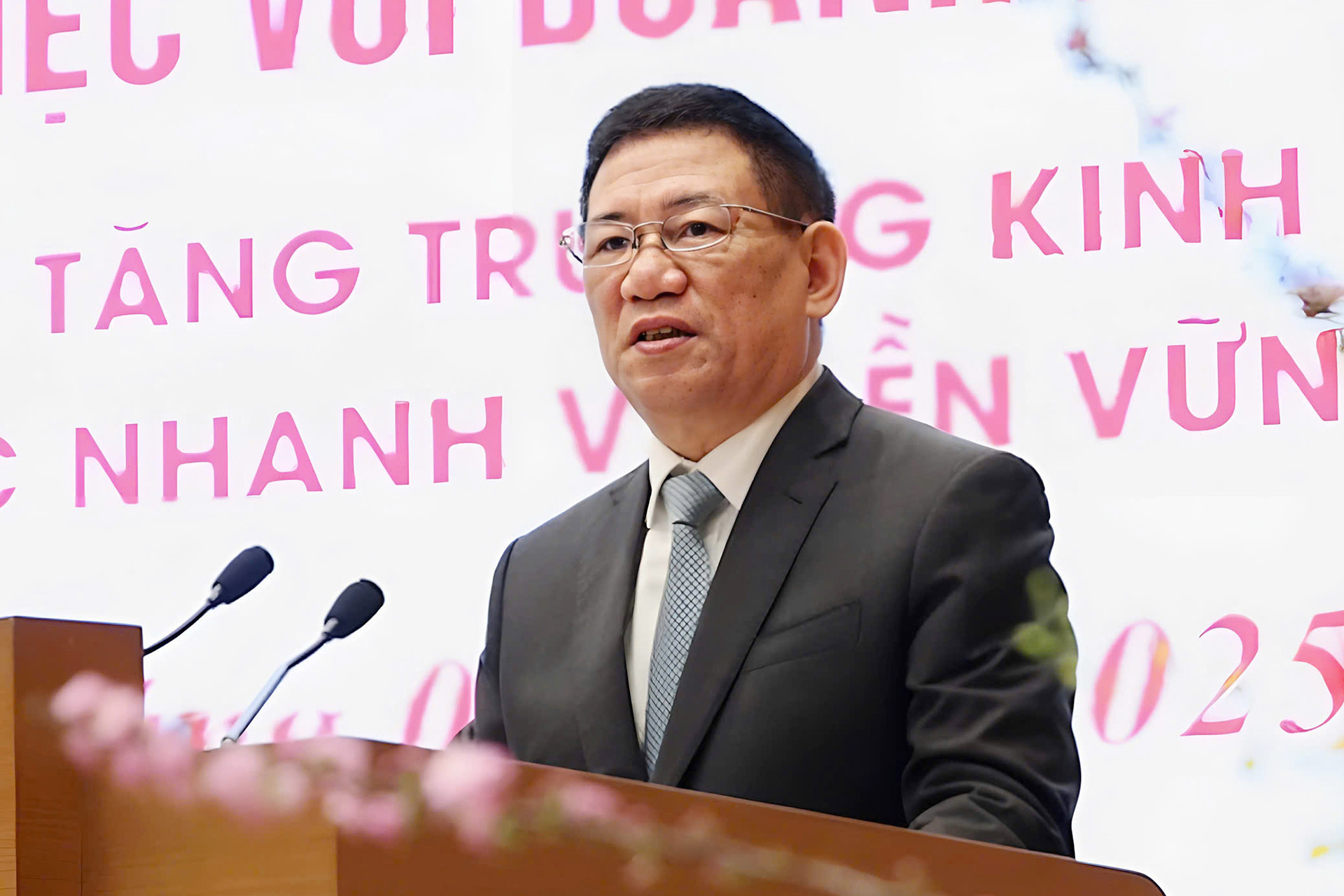
Vietnam’s government is launching an ambitious regulatory reform drive, aiming to cut at least 30% of unnecessary business conditions and administrative procedures to enhance the investment environment and boost economic growth.
The initiative, spearheaded by Deputy Prime Minister Ho Duc Phoc, was announced at a high-level meeting on February 27, where government leaders and state-owned enterprises (SOEs) discussed strategies for achieving a minimum 8% GDP growth rate in 2025.
Unlocking economic potential through regulatory reform
The reform is part of Vietnam’s broader strategy to simplify bureaucracy, reduce business costs by at least 3%, and lower compliance and informal costs.
The ultimate goal is to position Vietnam among the top three ASEAN nations in investment attractiveness within the next two to three years.
Speaking at the conference, Deputy Prime Minister Ho Duc Phoc emphasized the importance of institutional reforms and unlocking new economic drivers.
He stated that SOEs should focus on large-scale, strategic projects to strengthen national infrastructure and key industries. He also called for greater innovation, digital transformation, and green development.
The Vietnamese government has already held multiple consultations with private enterprises and banking leaders to gather input on barriers to economic growth.
Ho Duc Phoc stressed that the government is ready to address business concerns, either directly or by escalating unresolved issues to higher authorities for timely intervention.
Fostering innovation and boosting competitiveness
Beyond regulatory reforms, Vietnam is prioritizing partnerships with major private enterprises in high-tech and renewable energy industries.
Key areas of focus include artificial intelligence (AI), digital transformation, green energy, and advanced manufacturing, all of which are critical for sustaining long-term economic competitiveness.
The Deputy Prime Minister also urged SOEs to take a stronger role in corporate social responsibility, including affordable housing initiatives, disaster recovery efforts, and poverty alleviation programs.
Aligning with Vietnam’s long-term economic vision
With 2025 marking the final year of Vietnam’s 2021-2025 economic plan, the country is at a pivotal moment in its development.
The upcoming period will also see major political transitions, including preparations for the 15th National Congress of the Communist Party of Vietnam.
To maintain momentum, the government is pushing for aggressive reforms that will simplify investment procedures, boost private sector growth, and expand high-tech industries.
Vietnam’s leadership is committed to eliminating bureaucratic inefficiencies and streamlining business regulations, ensuring that foreign and domestic investors can operate in a more transparent, efficient, and competitive environment.
With these decisive reforms, Vietnam is positioning itself as a top-tier investment destination in ASEAN, capable of sustaining high growth and long-term economic resilience.
Hong Khanh